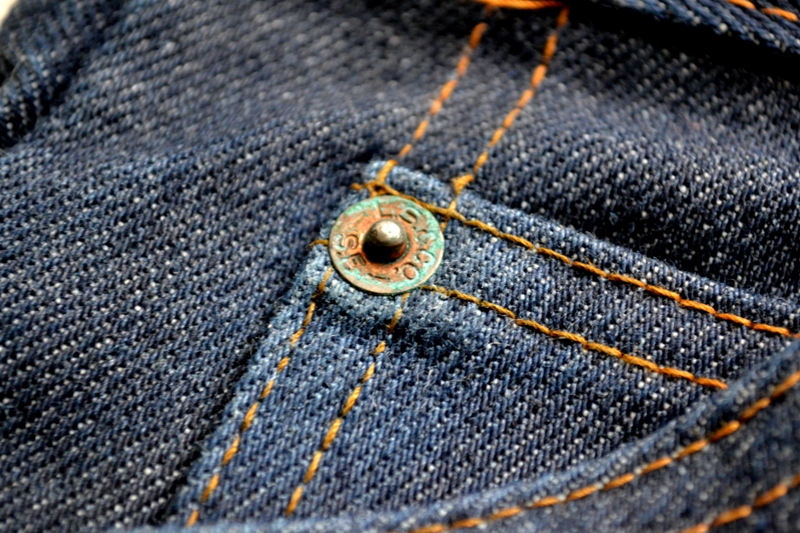
Retailing has never been an easy business. Changing tastes, new technologies, capricious landlords and finding loyal employees alone are enough to create conditions of failure. Add in the Internet, and today’s retailer faces incredible odds.
Here in Sonoma, those of us who’ve been here for some decades have watched the Plaza morph and change from a resident-serving hub to one oriented to tourists. Behind these changes are all the forces I’ve mentioned, yet among the nearly thirty wine-bars, numerous restaurants and shops selling over-priced kitsch there remains a few reminders of what downtown used to be. Is it a miracle of nature, or is something else at play?
Two of the best examples are the kitchenware shop Sign of the Bear and Eraldi’s, the mostly men’s clothing store. How is it that these two Sonoma Plaza icons have not been displaced by yet another tasting room?
One part of the answer lies in the fact that the local owners of both stores are in the shops nearly every day. Like conductors overseeing their orchestra, leadership brings a sense of authenticity and connection to employees and customers alike. In our age of anonymity, the presence of identity is itself a powerful force.
Another inescapable fact is that in both cases, the owners also own the real estate. This removes the “greed” factor associated with landlords seeking the highest possible return on their real estate investment. The “churning” of retailers on the Plaza is largely due to rising rents, rents rising not due to increased costs but due to profit opportunities created by “market conditions.” Resisting the lure of more income because it can be had tests the will to remain loyal to tenants, and sadly, many landlords fail that test.
The product offering also comes into play, and the relative lack of competition. Both stores have some competition, but none on the Plaza and not much nearby. When it comes to well-stocked men’s clothing stores, Eraldi’s is it. As for kitchen-ware, Sign of the Bear is a crazy-quilted, crowded, over-stocked experience of exuberant sensory overload. In today’s slick and trendy retail environment, both stores are now firmly established in the category of genuinely quaint.
It’s an accomplishment to survive in retail long enough to be declared quaint. Both stores are more than quaint, of course; you can find what you need for your kitchen or your closet, and in this way both shops fill real needs in real lives. But quaintness, like patina on an antique, is something acquired only over time. It can be imitated, of course, but that’s not genuine. Originality confers a unique quality all its own.
I suspect that as Internet shopping continues to expand, “brick and mortar” retailing will increasingly be more difficult to sustain. Each new technology forces earlier technologies into obsolescence. When mail-order technology arrived, the mighty Sears catalog hit the sales of the local general store. Ironically, Amazon and Internet technology have sealed the demise of once mighty Sears.
We can only hope for and appreciate shops owned by locals who stay true to their mission and vision. Sign of the Bear has survived long enough for cooking to have waxed, waned, and waxed again, and Eraldi’s solidly remains a bastion of fair-priced, common sense clothing. Yes, they are are quaint by today’s standards, but they are also, real, true and beautiful.